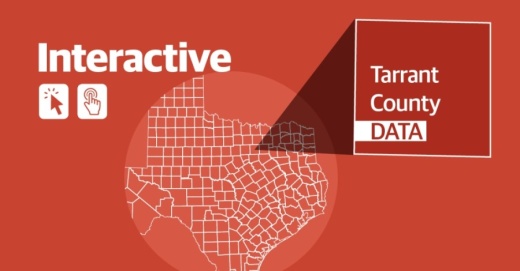Seventy-four businesses in Grapevine, Colleyville and Southlake received loans of at least $1 million, according to data from the U.S. Small Business Administration. The majority of the businesses that qualified for loans, however, received amounts of $50,000 or less, the data shows. A total of $659 billion was authorized by the U.S. Congress for PPP loans nationwide to help businesses with job retention and other expenses.
Over 1,500 of the 3,574 federal stimulus loans distributed in Grapevine, Colleyville and Southlake were concentrated in in the industries of professional, scientific and technical services; health care and social assistance; and services listed as "other," which excludes public administration. Companies that received PPP loans were also asked to report the number of jobs they expected to retain on their loan application. While most companies reported retaining some number of jobs, about 13% of Grapevine, Colleyville and Southlake loan recipients either did not respond to that question or reported zero jobs retained.
Businesses must meet certain federal standards to be eligible for loan forgiveness. Data was released by the SBA on July 6 after the administration was sued by 11 media organizations, including The New York Times and Associated Press, for its initial refusal to release detailed PPP loan data.
At the federal level, the SBA distributed more than $518 billion in loans through July 17. Texas businesses have received $40.7 billion in PPP loans, second only to California at $67.5 billion.
According to John Arensmeyer, CEO of the national small business advocacy group Small Business Majority, one of every four small businesses in its network reported receiving a lower amount than requested; he said the data is a "far cry" from an accurate representation of the program.
"Serious questions remain about whether PPP funds were equitably distributed to minority-owned businesses, and there is an alarming rate of small-dollar loans," Arensmeyer said.
Ian Pribanic and Jack Flagler contributed to this report.
Editor's note: Community Impact Newspaper, headquartered in Pflugerville, was a recipient of PPP funding.





